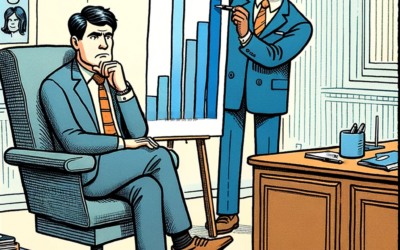Here are 5 specific facilitation techniques that will substantially improve outcomes of your meetings/workshops.
- Explain. Explain the overarching goal, its importance, and the expectations of work to be done today (and in what order).
- Appreciate. People work harder if they feel like their work is appreciated. Cite some examples of work this group has done in the past (individually and/or collectively). Tell them that you appreciate their involvement and time in this important project.
- Include. If it is a small group, explain why each person has been included. Cite their specific skills, experiences, or roles. If it is a large group, explain why a few of the most valuable members have been chosen and then say, “If we had more time, I would name each and everyone one of you because you are all deserving to be called out.”
- Engage. Provide a stirring visualization of the problem you hope to address or the solution you hope to achieve. If you were facilitating a workshop on sustainability and recycling, you might engage participants by telling them the following:
“Close your eyes and replay your morning. When you brushed your teeth, how long did you let the faucet run? When you took a shower, did you wait for the water to warm up, or did you jump into it with zest like jumping into the waterfall on a camping trip? Did you clean yourself quickly, or did you linger? Later, when you pulled a pressed shirt from your closet, what did you do with the plastic wrapper? How about the hanger? At breakfast, how many times did you open the fridge or use the faucet? Think about how many moments in your morning involved the use of energy or water. Now think about how over the course of your morning you might have used less.” - Ask. Great questions suggest both a process and an outcome. The process typically involves increasing Perspective or Evaluating existing options. Outcomes boil down to taking Action or gaining Knowledge. I call this the P.E.A.K. Leadership model. I developed this model to help leaders ask better (and more varied) questions and to increase awareness of their leadership style. Based on the questions they ask, leaders fall into one of four styles:
-
- Innovator (increasing Perspective + taking Action). An Innovator might ask, “Using a technique from another industry, what can we do to reduce our waste?”
- Director (Evaluating options + taking Action). A Director might ask, “Considering the options at our disposal, what is the single biggest thing we can do to reduce waste?”
- Judge (Evaluating options + gaining Knowledge). A Judge might ask, “This seems like the best option, but what do we still need to learn?”
- Professor (increasing Perspective + gaining Knowledge). A Professor might ask, “What can the waste of one person in one morning teach us about the challenges we all face in creating a sustainable future?”
Meetings and workshops aren’t places just to disseminate information. Participants expect more. When you’re facilitating a meeting or workshop, explain what you hope to accomplish and why, show your appreciation, include others by explaining why they were chosen to participate, engage them in a personal way, and ask questions that suggest both a process and an outcome.
What facilitation techniques do you like to use, and why?



